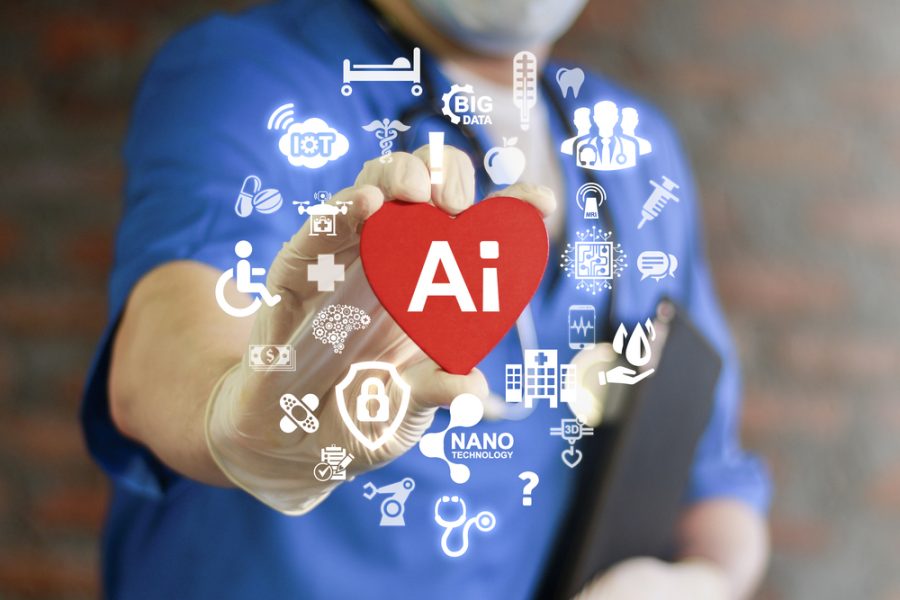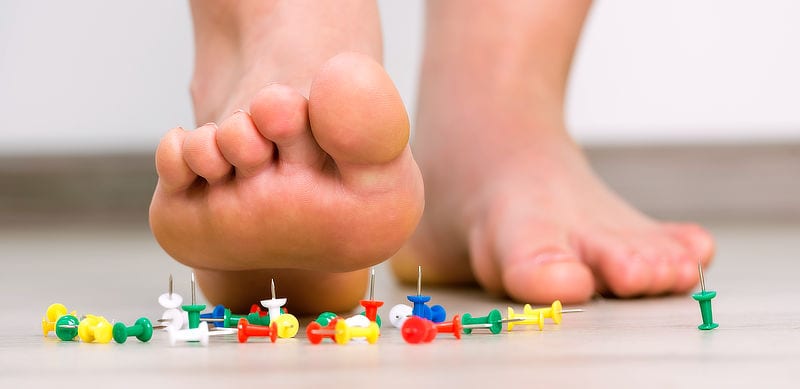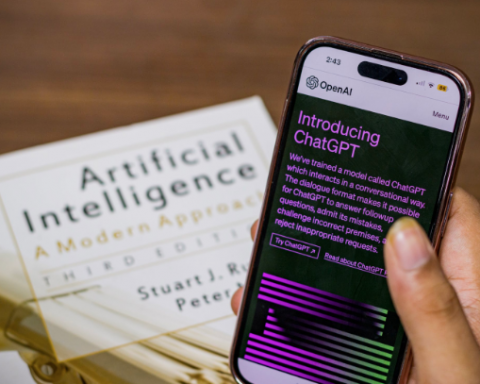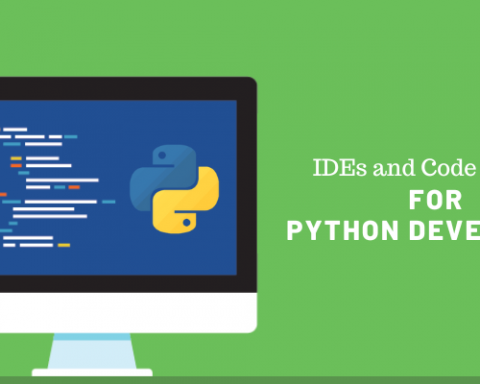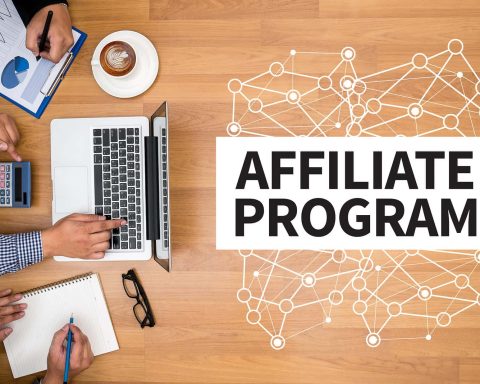While AI is definitely making businesses across the planet boom with its potential capacity to bring greater changes and improvements for their operations, the healthcare industry isn’t lagging behind. In recent times AI is proving itself by leading at the forefront of medicine and healthcare markets.
So far, AI has been able to offer tremendous developments in the form of an automated process when it comes to diagnosis and treatments of patients that require medical care.
In a recent study by Healthcare IT News, 142 qualified professionals working in business, IT, pharmaceutical, health insurance, and clinical roles within hospitals were surveyed. Around 77% of participants reported that they are currently using AI to support clinical decisions. Furthermore, 63% of them consider that AI is already value in specialty care, such as pathology, pharmacy, and radiology.
In light of this information, let’s take a quick look at how Google is using AI to change the landscape of diagnosis for diseases.
1. Boosting Health Giants in the Industry
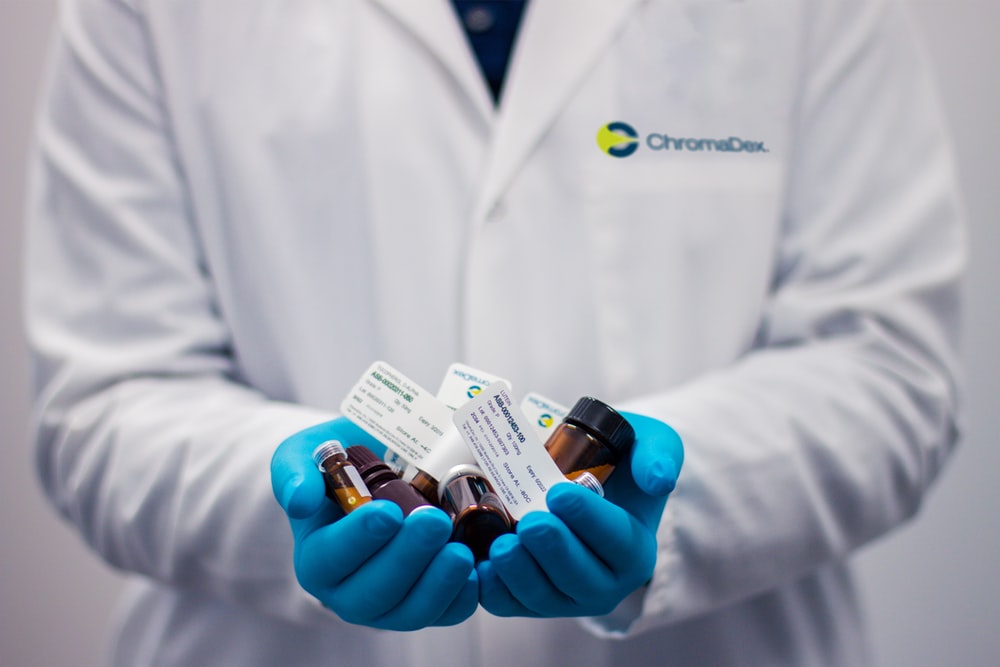
It is quite obvious that with all this going on, Google would be laying down a massive infrastructure to accumulate healthcare data from various channels, platforms, networks, and mediums.
All of this data, when it goes through AI, will then be curated and properly organized to provide terrific insights that would be worth millions for health giants within the industry.
We are talking about in-depth research, a major breakthrough in the field of medical sciences, and other milestones. This can also lead to the development of new tools that can augment existing methods and processes.
Lastly, much of these inventions would eventually land in the commercial sector and would be made available for the general public to purchase.
2. Tackling Specific Diseases
Google’s AI and healthcare initiative has taken a special interest in specific diseases such as diabetes, eye disease, heart disease, multiple sclerosis, and Parkinson’s disease. Google is tackling these specific diseases with greater zeal when it comes to data generation, disease detection, and lifestyle management.
In order to accomplish this task, Google’s algorithms are updated commendably to match doctor’s recommendations and expertise. Google so far has partnered with various health institutions and innovative healthcare technology companies to improve its systems further.
These include names like Alcon, Dexcom, Verily, and various other major healthcare institutions, along with numerous reputable names and establishments in the market.
3. Monitoring Data, Detections, & Lifestyles
Google is focusing on strategies that integrate an end-to-end approach for professionals to deliver healthcare induced with the power of AI. This means it would be able to assimilate data from wearable healthcare technological gadgets, sensors, and other devices along with MRIs and other tests.
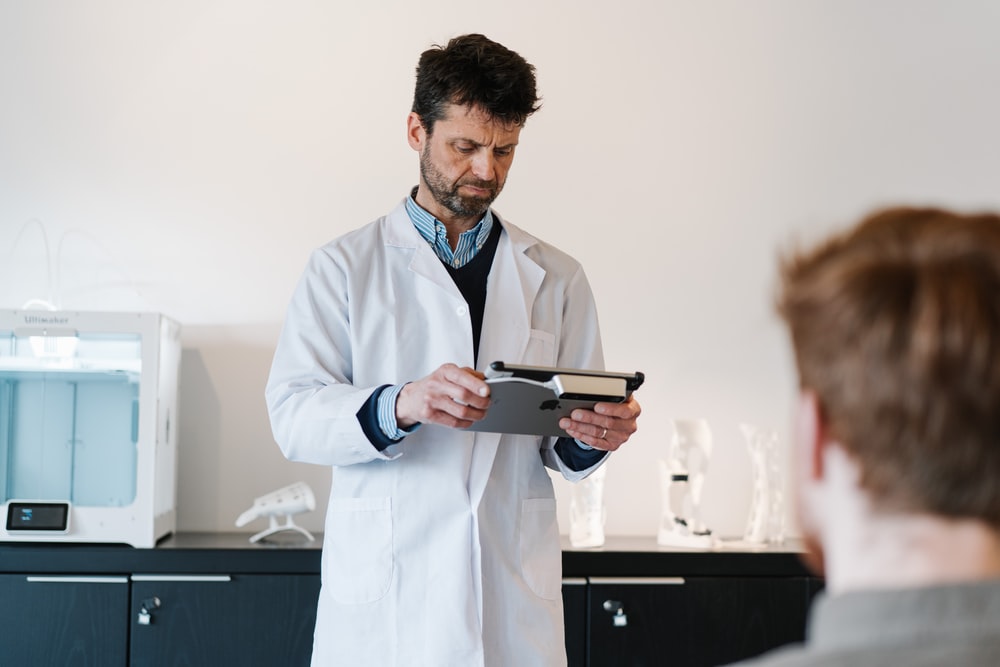
AI will then process this data stream to provide further information about an anomaly if it is detected. In order to do this, it would use AI to study the dataset thoroughly and see it if the presence of a certain disease is found in its evaluation.
AI would also provide people that have been diagnosed with a particular disease to make lifestyle changes and improve their day-to-day lives.
4. Potential for Diagnostics
With AI fueling Google’s further steps moving forwards in the field of healthcare and medical sciences, the company is motivated to work directly with healthcare providers and hospitals.
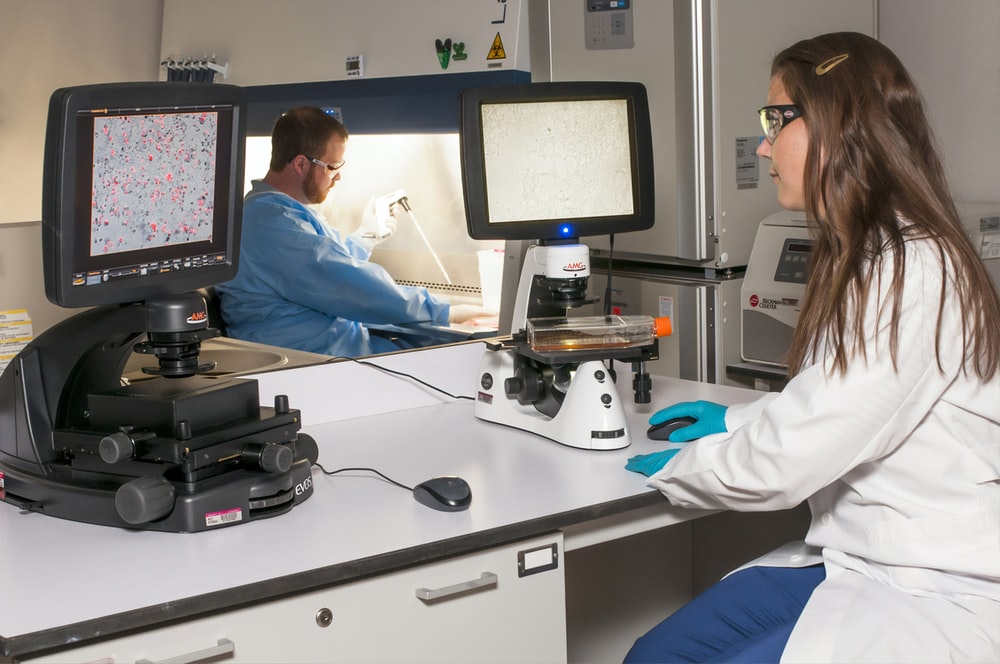
While Google, at present, avoids dealing with patients and consumers directly, it does have patient assessment tools such as the health cards it rolled out back in 2015.
This was a partnership with Mayo Clinic for providing information about diseases, symptoms, and treatment to online users and visitors.
In the future, as Google begins to unravel the potential capacities of AI, it will have the unique opportunity to screen patients and help them get diagnosed for several common diseases.
5. Deep Learning for Cancer Diagnosis
In recent times, we have realized the potential deep learning models have to offer for cancer patients. The application of deep learning in cancer prognosis and prediction has also been extensively covered by various studies published on the US National Library of Medicine.
Furthermore, establishing publicly accessible and large scale cancer databases provides an incredible opportunity to tap into open-source platforms for researchers and clinicians.
This can further enable them to share and analyze patients and their multi-dimensional data.
TCGA (The Cancer Genome Atlas Program) is one such platform along with several others that can immensely benefit from the incorporation of AI and deep learning models to strengthen their research.
6. Automation of Radiology Department
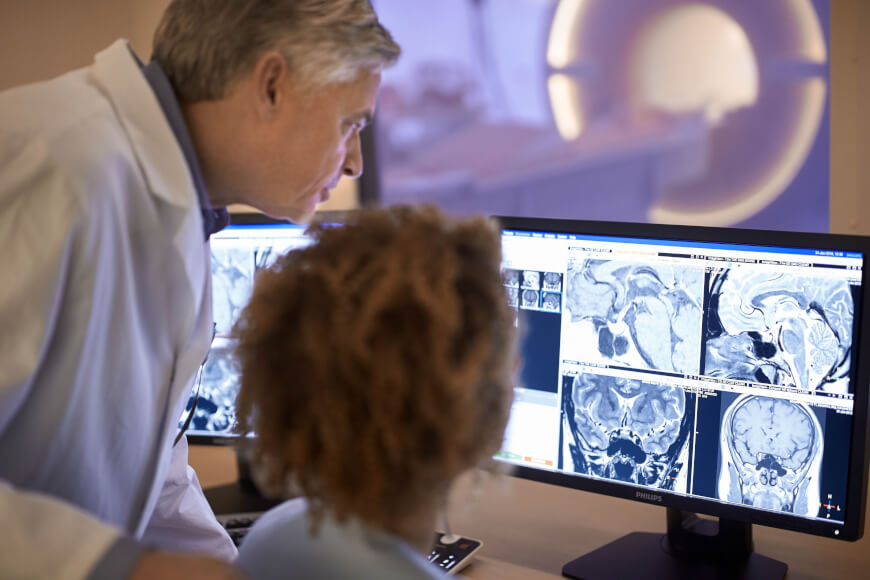
AI has been shown to perform exceedingly well when it comes to image detection, identifying patterns, and optical character recognition. Hence there is a strong case of accomplishing complete automation through AI.
In recent studies published by the Journal of National Cancer Institute, AI achieved incredible accuracy to an average breast cancer radiologist. Both radiologists and AI systems involved in the testing were shown to have a 95% confidence interval.
In fact, there is a book called “Putting the AI in Radiology” by Keith Loria, which might come handy in understanding how much rampantly the technology is processing. All of this inclines towards a future where AI can be left in charge, and probably radiologists will all be concerned with managing their tasks through RPA software alone.
7. Healthcare Interventions
You can pretty much expect Google to be in the fray for a lot of things. Hence there is no wonder that pretty soon, it would be able to provide people with smart choices that act out as health interventions.
A great example of this can be observed through their recent program Debug, where millions of sterile mosquitoes are released to eliminate disease-carrying mosquitoes.
Another initiative by Google was its smart city division known as Sidewalk Labs, which is now partnered with Cityblock Health. Cityblock offers in-person neighborhood health hubs as well as a health app called Commons that connects care teams with patients that have low-incomes.
Conclusion
There is no doubt that one of the biggest technology company in the world, Google, is utilizing emerging technologies like AI to create opportunities to elevate healthcare for everyone.
Through the power of AI, Google will help deliver not only information about medical conditions but also provide you with the nearest routes to a reputable hospital in case of urgencies.
Author Bio:
Samantha Kaylee currently works as the Head of Digital Marketing Team at Dissertation Assistance, a reliable platform for buying professional assignment writing service UK at affordable prices. During her free time, she binge-watches popular TV shows with her family.

